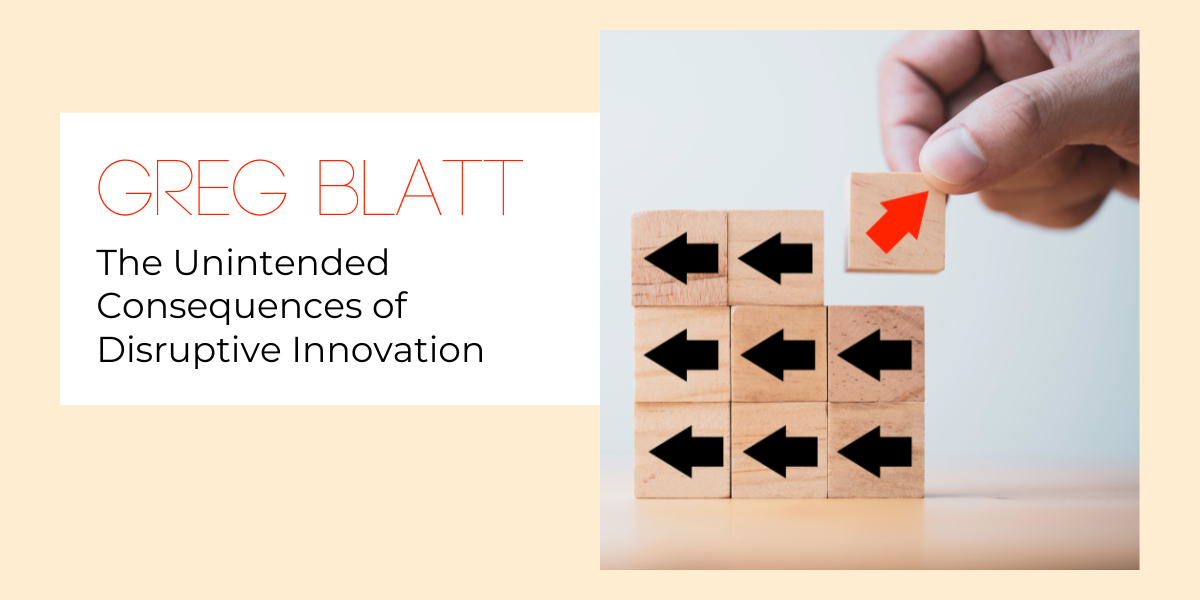New tech developments and changing relationships between employers and their employees continue reshaping the work environment. Jeff Smith brings a wealth of experience to the table from his time at BlackRock and Time Warner among other places, sharing his unique insights on how human resources is changing in today’s fast-paced business world. His acumen — grounded in years of experience and a keen understanding of organizational psychology — provides a road map for navigating the future of human resources.
Smith’s vision for HR is marked by an emphasis on hybrid work models and data analytics. “Ideally, managers and organizations can be outcome-focused more than place-focused in terms of where work is done,” he explains.
Jeff Smith’s ideal model could involve a balance between office and remote work, tailored to the specific needs of the job and the company. This perspective aligns with the growing trend toward more flexible work arrangements.“One of the outcomes that CEOs and leaders want in a company is the culture they are trying to create, and many believe, as do I, that culture, to a degree, is easier to create in person.”
He emphasizes, “It is easier to have random moments of learning or mentoring or coaching or ideation and innovation if people are walking the halls and interacting with each other. I strongly believe that makes a difference.”
Sabine VanderLinden, who co-founded Alchemy Crew, found that 83% of the global workforce considers hybrid work ideal, and 93% of employees express preferences for hybrid or remote work opportunities. However, there’s no one-size-fits-all approach to HR. Smith notes, “In the end, it comes down to the job and the company and what needs to get done. Performance is what matters most.”
Human Resources Role in 2024
Human resources plays a crucial role in most companies. After all, it acts as the backbone that supports, manages, and optimizes the workforce — the organization’s most vital asset. It’s a strategic partner in managing the company’s people, aligning employee goals with organizational objectives, and fostering an environment conducive to growth, innovation, and mutual respect.
HR is responsible for recruiting the right talent. It ensures that the workforce aligns with the company’s goals and culture. Beyond hiring, HR plays a vital role in managing employee experiences from hiring all the way through promotions, transfers, and exits, ensuring that these processes are efficient and effective for both the employee and the company.
Data analytics, according to Smith, is becoming a cornerstone in HR for everything from talent acquisition to measuring employee engagement and performance. “The HR function needs to be data literate, but also figure out how to build that capability across an enterprise. I think data and the ability to provide analytics and insights around the right business issues is key,” he says. “Everyone is likely to make better decisions with better data and better analytics.”
He further elaborates on the potential of artificial intelligence in HR, noting that “in its best form, it will enhance decision-making through providing insights and data analysis in a faster, more efficient way,” adding, “AI should augment human abilities.”
Despite the technological advancements and shifts in work models, the former head of global human resources at BlackRock maintains that the human element remains at the core of all HR functions. This includes all aspects of employee development, like identifying training needs, developing training programs, and coaching and advising leaders. By investing in employee development, companies can improve productivity, reduce turnover, and help set clear performance standards and evaluate employee performance.
“The amount and diversity of work in HR is incredible, people are complex, and the conversations and work are never-ending,” states Jeff Smith. “I think being ‘psychologically minded’ is very helpful in terms of thinking through interpersonal dynamics and not just focusing on the business issue at hand, but on the people who are dealing with the issue.”
Jeff Smith: A Commitment to HR Excellence
Throughout his tenures at Time Warner and BlackRock, among others, Jeff Smith was a strong proponent of providing a framework for employees to develop skills, especially leadership and management development. It was also critical to hire the best of the best into the HR function and turn HR into a place for highly effective talent to make a big impact on their company.
Prior to his time at BlackRock, Smith honed his skills at various organizations, including Barclays Global Investors, Time Warner, and America Online. His experience in these roles shaped his approach to HR, emphasizing the need for continuous innovation in talent management and a strong focus on driving individual and organizational performance.







